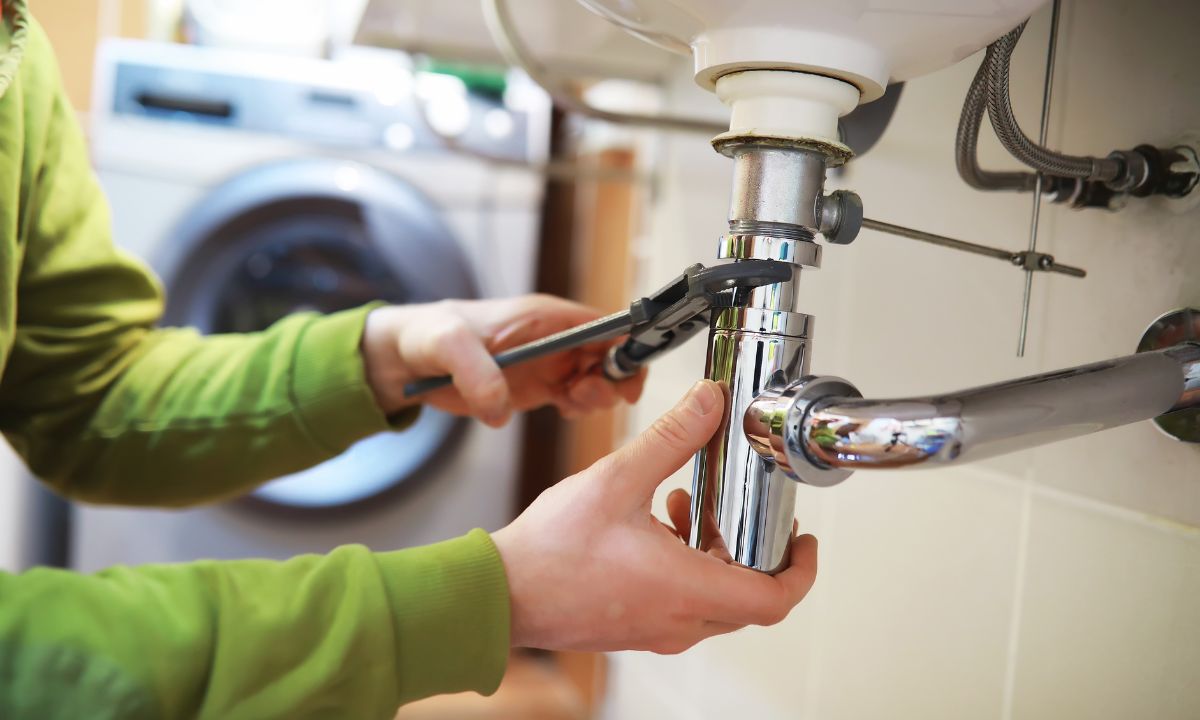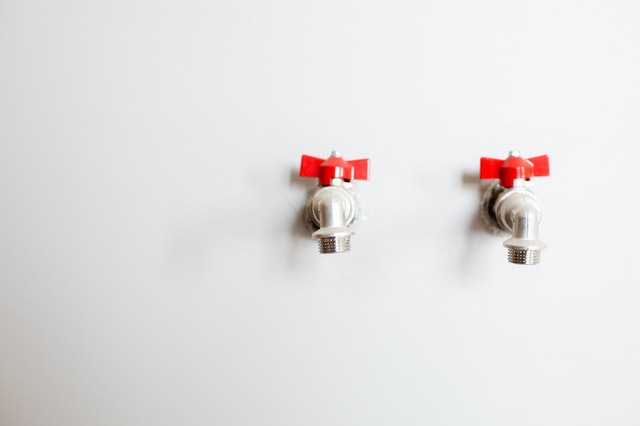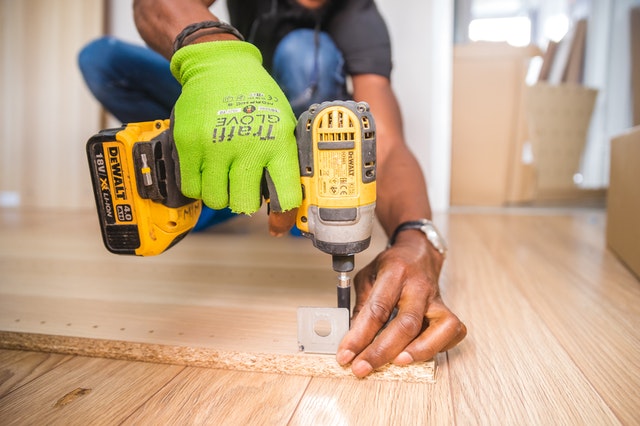How to Budget for Your Home Maintenance and Repairs
 Owning a home is a dream come true for many, but amidst the joy of owning a piece of property, many responsibilities can often catch homeowners off guard. While the initial purchase price and mortgage payments are the most obvious expenses, the lesser-known significant costs associated with home maintenance and repairs can wreak havoc on your finances if not properly anticipated. We will discuss the hidden costs of homeownership and provide valuable insights on how to prepare and estimate future expenses, ensuring you’re equipped to manage your home without breaking the bank.
Owning a home is a dream come true for many, but amidst the joy of owning a piece of property, many responsibilities can often catch homeowners off guard. While the initial purchase price and mortgage payments are the most obvious expenses, the lesser-known significant costs associated with home maintenance and repairs can wreak havoc on your finances if not properly anticipated. We will discuss the hidden costs of homeownership and provide valuable insights on how to prepare and estimate future expenses, ensuring you’re equipped to manage your home without breaking the bank.
Understanding the True Cost of Homeownership
When you purchase a home, you’re not just acquiring a living space but a surplus of ongoing maintenance and repair needs. From routine tasks like lawn care and gutter cleaning to unexpected emergencies such as a leaking roof or a malfunctioning HVAC system, expenses can add up quickly. Ignoring or delaying maintenance can lead to more extensive and costly repairs down the line, making it imperative to budget effectively for these expenses from the outset.
Creating a Comprehensive Maintenance and Repair Budget
To prepare for the hidden costs of homeownership, it’s essential to establish a comprehensive budget that accounts for both routine maintenance and unforeseen repairs.
Assess Your Home’s Needs: Conduct a thorough inspection of your property to identify existing maintenance requirements and potential areas of concern. Take note of any repairs or upgrades that may be necessary in the near future.
Research Average Costs: Research the average costs associated with common maintenance tasks and repairs in your area. Consult with local contractors and service providers to obtain accurate estimates for services such as plumbing, electrical work, roofing, and HVAC maintenance.
Allocate Funds Monthly: Once you have a clear understanding of your home’s maintenance needs and associated costs, allocate a portion of your monthly budget towards a dedicated home maintenance fund. Set aside funds for routine tasks as well as a contingency reserve for unexpected repairs.
Prioritize Preventative Maintenance: Invest in preventative maintenance to prolong the lifespan of your home’s systems and components. Regularly servicing appliances, inspecting plumbing and electrical systems, and performing seasonal maintenance tasks can help identify potential issues before they escalate into costly repairs.
Consider Long-Term Investments: In addition to budgeting for immediate maintenance and repair needs, consider setting aside funds for long-term investments such as home renovations and upgrades. While these expenses may not be imminent, planning ahead can help mitigate the financial burden when the time comes to undertake major projects.
Utilizing Technology and Resources
Homeowners have access to a wealth of resources and tools to aid in budgeting for maintenance and repairs. Consider leveraging technology such as budgeting apps, home maintenance software, and online calculators to streamline the budgeting process and track expenses more effectively. Additionally, explore educational resources such as home maintenance guides, tutorials, and workshops to enhance your knowledge and skills in DIY maintenance tasks, enabling you to save money on labor costs.
Owning a home brings with it a sense of pride and accomplishment, but it also entails a significant financial responsibility. By understanding the hidden costs of homeownership and proactively budgeting for maintenance and repairs, you can safeguard your investment and enjoy peace of mind knowing that your home is well-maintained and financially sustainable. Remember, proper planning and preparation are key to successfully navigating the challenges of homeownership and ensuring your home remains a source of comfort and security for years to come.

 Owning a house comes with major responsibilities and one of the most important is routine maintenance. While many people like to skip routine maintenance in an effort to save money, the reality is that these routine maintenance is going to save people down the road. The reality is that maintenance is a homeowner’s first line of defense when it comes to protecting their most valuable investment, which is their home.
Owning a house comes with major responsibilities and one of the most important is routine maintenance. While many people like to skip routine maintenance in an effort to save money, the reality is that these routine maintenance is going to save people down the road. The reality is that maintenance is a homeowner’s first line of defense when it comes to protecting their most valuable investment, which is their home. For most people, their home is the most valuable investment they are ever going to make. Therefore, it should make sense that people will want to improve its value over time. In this case, people are going to need to invest in power tools. Those who are interested in home improvement projects need to know about the five most important power tools available in today’s market.
For most people, their home is the most valuable investment they are ever going to make. Therefore, it should make sense that people will want to improve its value over time. In this case, people are going to need to invest in power tools. Those who are interested in home improvement projects need to know about the five most important power tools available in today’s market.